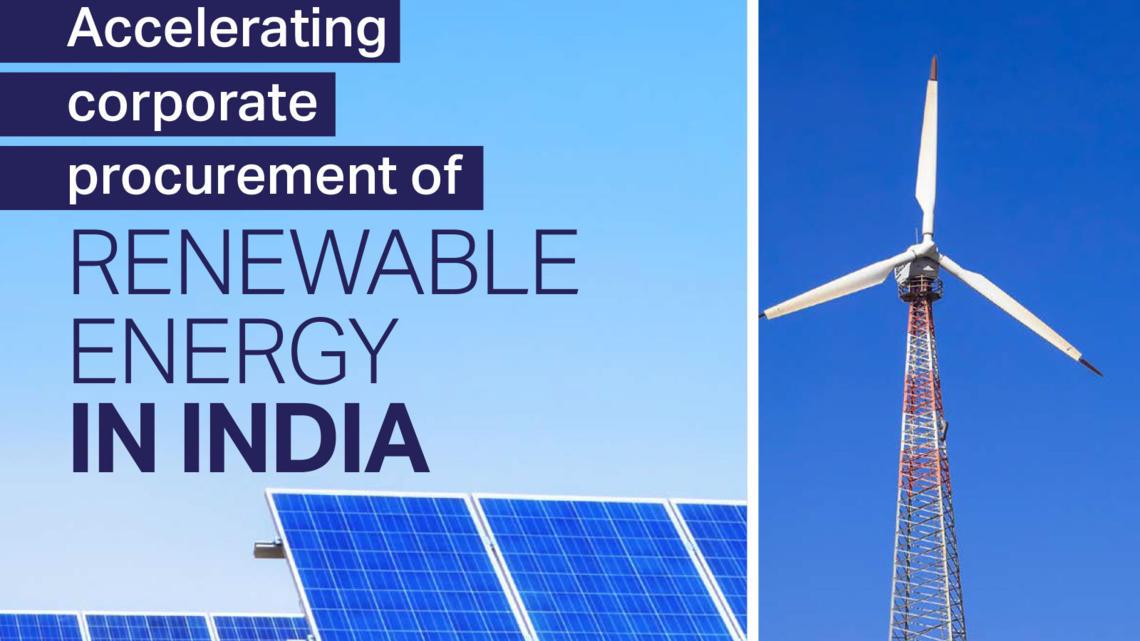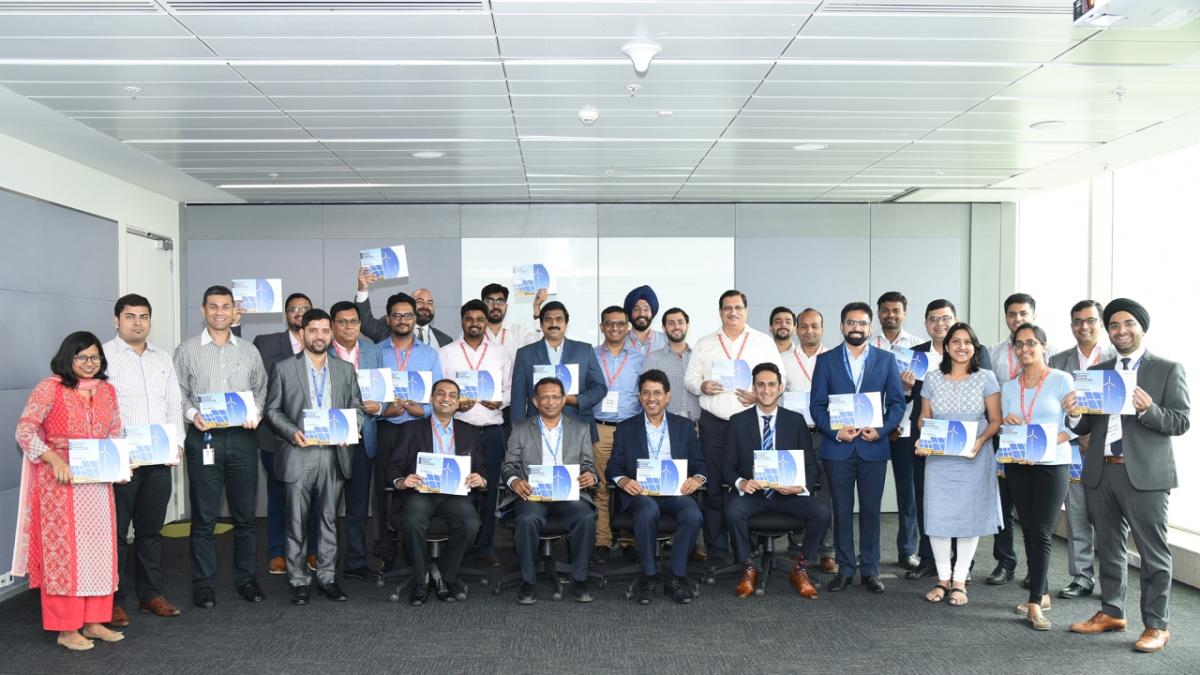Opportunities to Procure Renewable Power in India
With the increasing appeal of renewable energy deployment to reduce the environmental footprint and power costs, a new industry guide sheds light on approaches to renewable energy procurement in India for corporate buyers.
The “Accelerating corporate procurement of renewable energy in India” report, released by the World Business Council for Sustainable Development (WBCSD), was the result of 23 companies, with CLP in the lead.
It covers options for renewable power procurement, including power purchase agreements (PPAs), and looks into India’s power sector regulations, the challenges facing the development of PPAs and available financing options, sharing good practices with corporate energy buyers.
“Corporate renewable PPAs are one of the most important ways in which companies can reap the benefits of renewable energy,” said Rajiv Mishra, Managing Director of CLP India. “Renewable energy is expected to help India in meeting its Paris commitments, creating jobs and increasing social-economic development. We expect the government and the private sector to continue their focus on renewable energy in India.”
A PPA is a contract under which a power producer sells electricity to a buyer at a pre-agreed price for a pre-agreed period. The report highlights the economic case for renewable PPAs and the varied solar and wind policies in states like Telangana, Tamil Nadu, Rajasthan, Madhya Pradesh, Karnataka and Gujarat.
As renewable energy costs continue to decline, the report advises corporates to find the right time to buy taking into account technological developments and evolving regulations. Considerations should also be given to contract enforcement, operational barriers and regulatory challenges.
Industry practitioners interested in PPA structures and associated risks in general may also refer to the “Innovation in Power Purchase Agreement Structures” report, in which CLP contributed on the main features and risks of corporate PPAs in India as part of knowledge sharing.
It is also noted that most established renewable energy plants in India will look for two to five-year PPAs while new renewable energy stations will anticipate 10 or more years of PPA tenure mainly to cover their debt repayment period.
To learn more about corporate renewable PPAs across the world, please check out “Corporate Renewable Power Purchase Agreements – Scaling up globally”. Information on the accounting and financial reporting implications of entering into a PPA can be found in “IFRS accounting outline for Power Purchase Agreements”.



